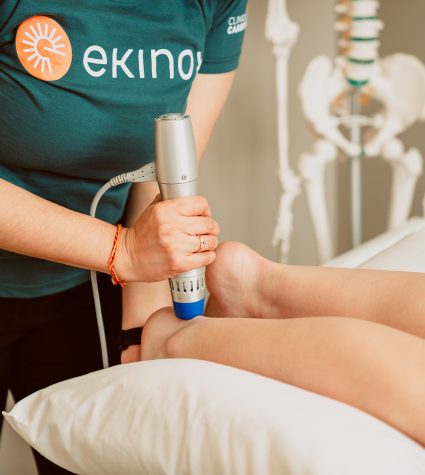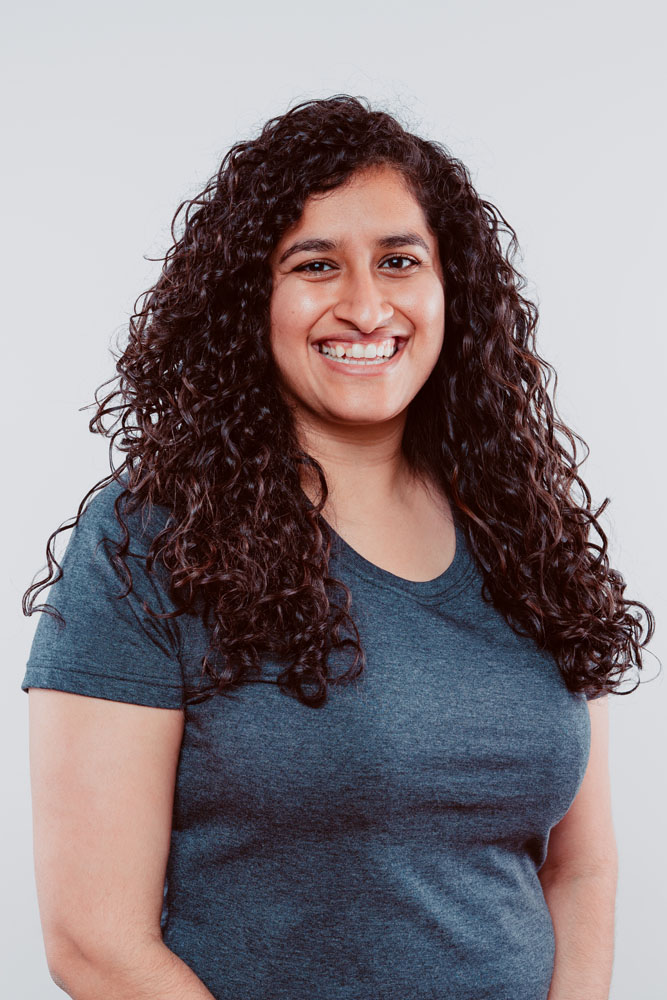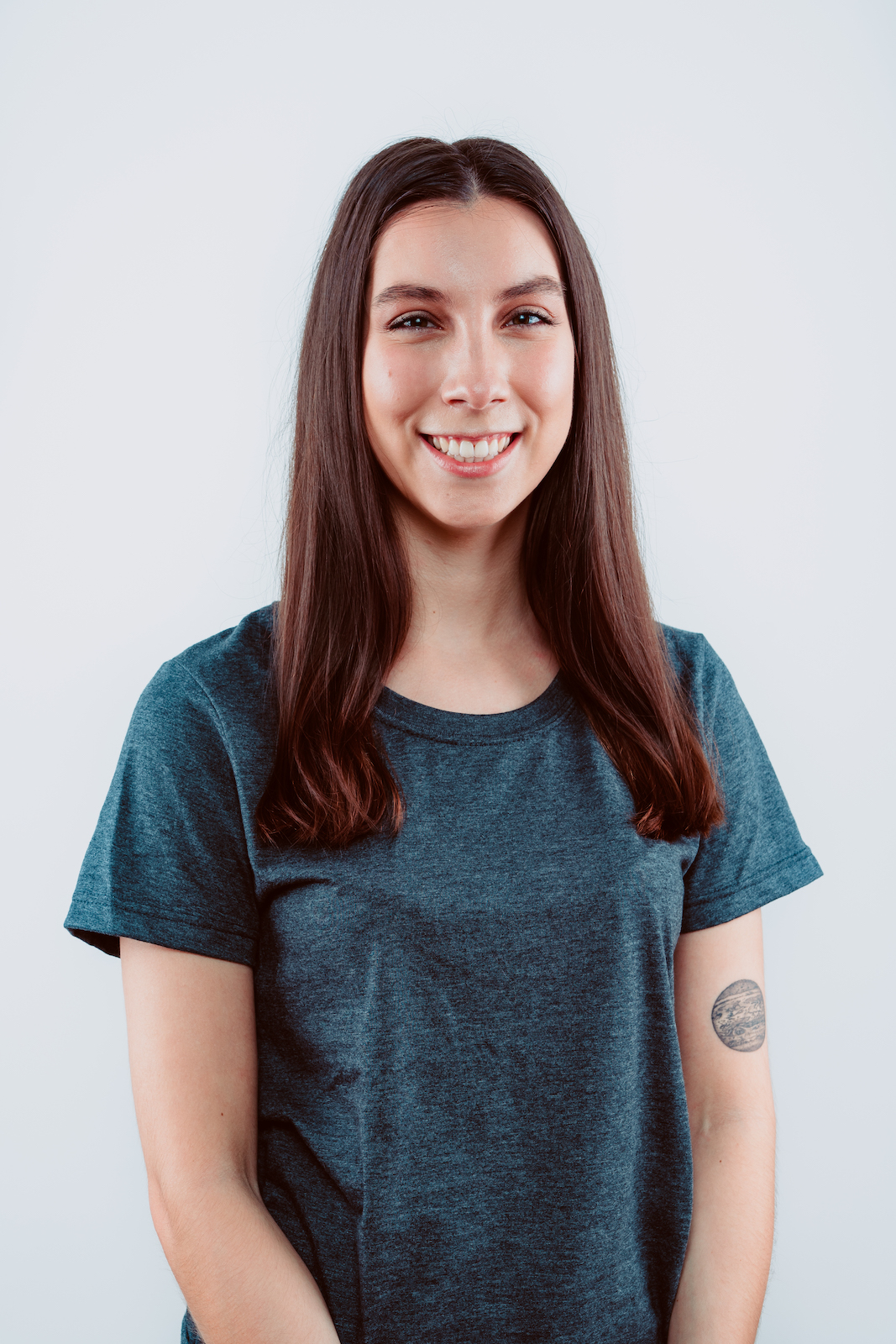Shockwave Therapy


Radial shockwave therapy is a non-invasive solution for the treatment of your chronic pain. Radial shockwaves are high-energy acoustic waves, similar to those of an ultrasound, but at a much higher power. They are transmitted through the surface of the skin and radially (spherically) scattered into the human tissue. The body reacts by increasing metabolic activity and restarting the inflammatory process around the painful area. This stimulates and accelerates the healing process in the affected tendon/fascia, and helps with adhesions, scar tissue and even calcifications that have been causing you pain for a long time.
In addition to significantly decreasing pain and increasing function, Shockwave therapy is an excellent alternative to surgery or cortisone.
What happens during an appointment?
A complete evaluation is performed by the physiotherapist to ensure that you are a good candidate for shockwave. The treatment lasts only a few minutes. There will usually be 3 to 4 sessions, separated by about 1 week.
Shockwave is only the first step of the treatment. Following the shockwave treatments, you will receive a program of stretching, strengthening and proprioception exercises to be performed for a period of at least 12 weeks. These exercises are essential to ensure a higher success rate. A gradual return to your activities or to sports is also suggested. It is the combination of all of these factors that promotes your recovery from the injury.

Who is the treatment for?
Shockwave is known to help clients who have tried several types of treatments without success. It is a device that is very useful for clients with chronic foot, shoulder, or elbow injuries (present for more than 3 to 6 months). If you are wondering if this treatment is appropriate for your condition, talk to your therapist, and they will be able to advise you.Are the treatments painful?
Treatments can cause discomfort that varies depending on your pain tolerance and the inflammation of your injury. Although relatively painful, the treatment is generally well tolerated.How many treatments would I need?
Shockwave therapy works by a cumulative effect. In general, 3 to 4 treatments are required with 5 to 10 days between treatments. The treatment plan is tailored and specific to each individual. The duration of recovery is very variable depending on the response of the body and the diligence of the patient. Improvements can be felt fairly quickly, but take an average of 3 months following treatment. However, the physiological effects of shockwave (activation of the metabolism, healing process and improvement of pain) can continue to improve the condition for up to 1 year following treatment.
Interesting facts
Shockwave has a success rate of almost 90% for Achilles’ tendonitis, 85% for plantar fasciitis, 80% for shoulder rotator cuff and 70% for lateral epicondylitis (“tennis elbow”).
During treatment, rest is necessary. You should not perform any activities that may irritate or stress the treated area (strenuous physical work, sports, heavy household chores) for the four weeks following the treatment.
This treatment is not recommended for pregnant women, clients at risk of hemorrhages, clients with systemic inflammatory diseases or who have had cancer within the last 5 years. If you have received a cortisone infiltration at the treated site within 2 months prior to treatment or if you are taking anti-inflammatory drugs (including ibuprofen such as advil) within 2 weeks prior to treatment, it is recommended to wait.




